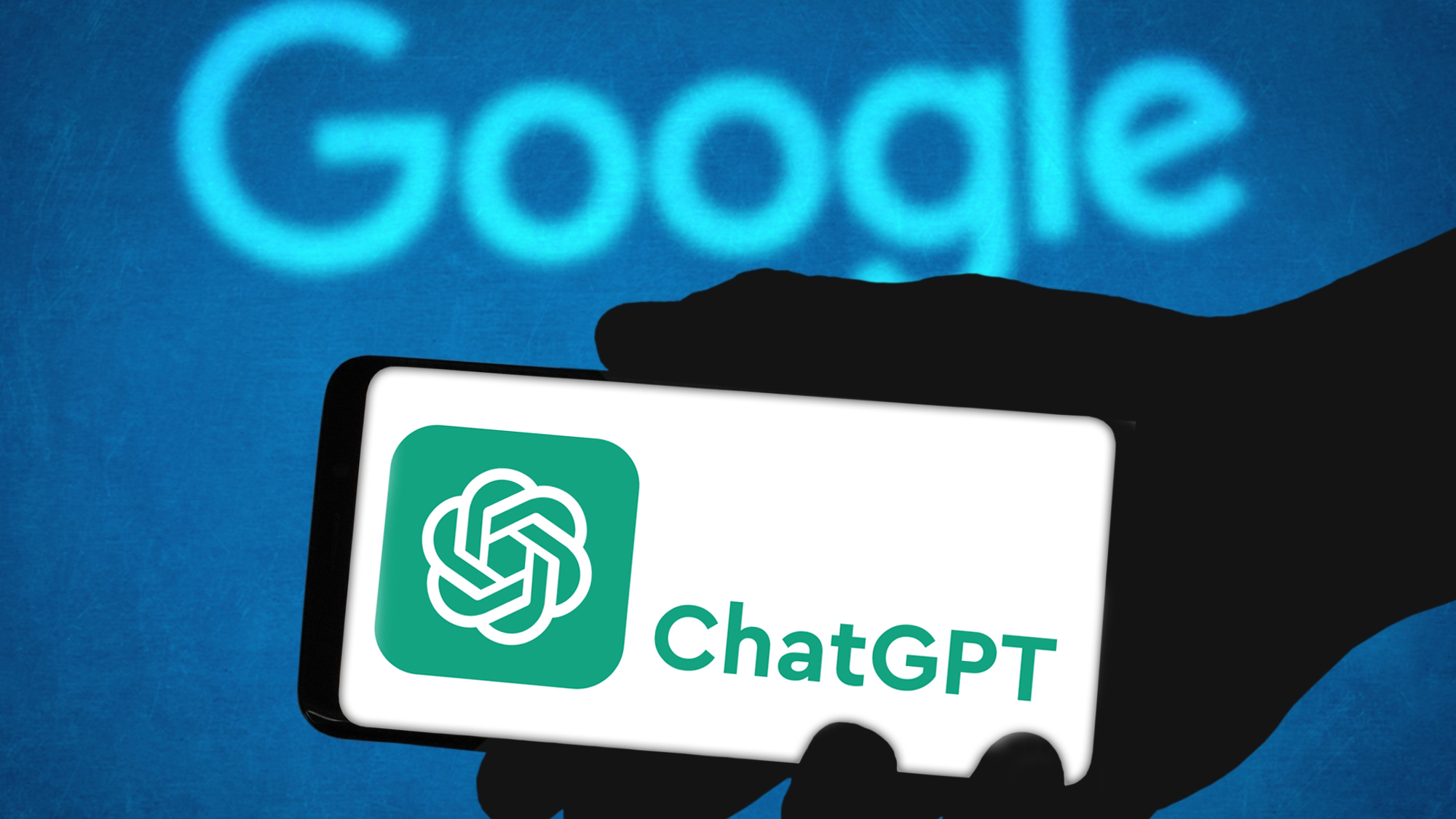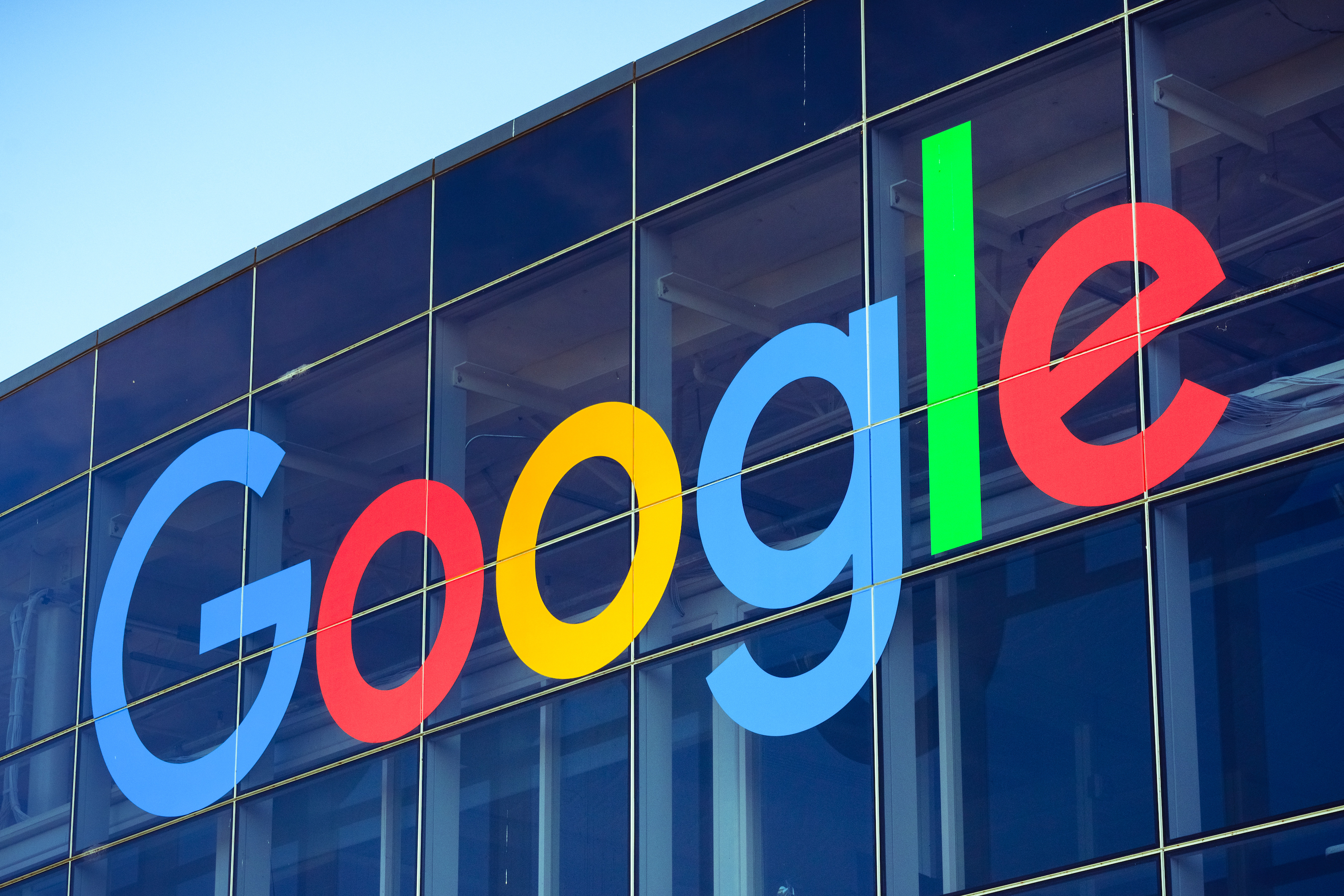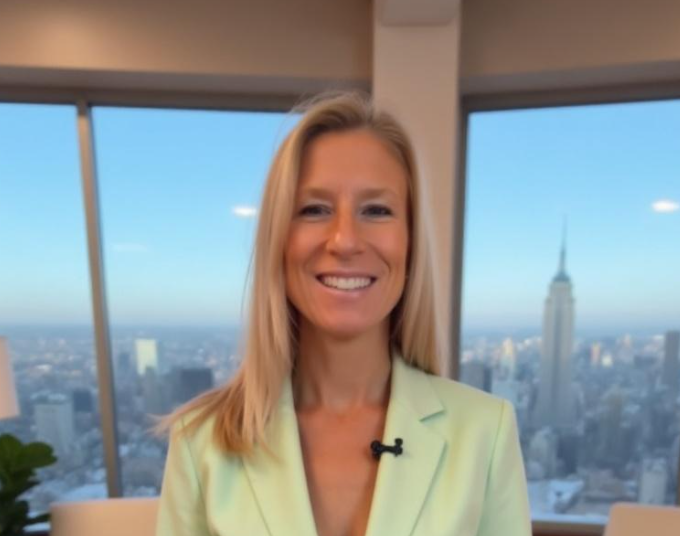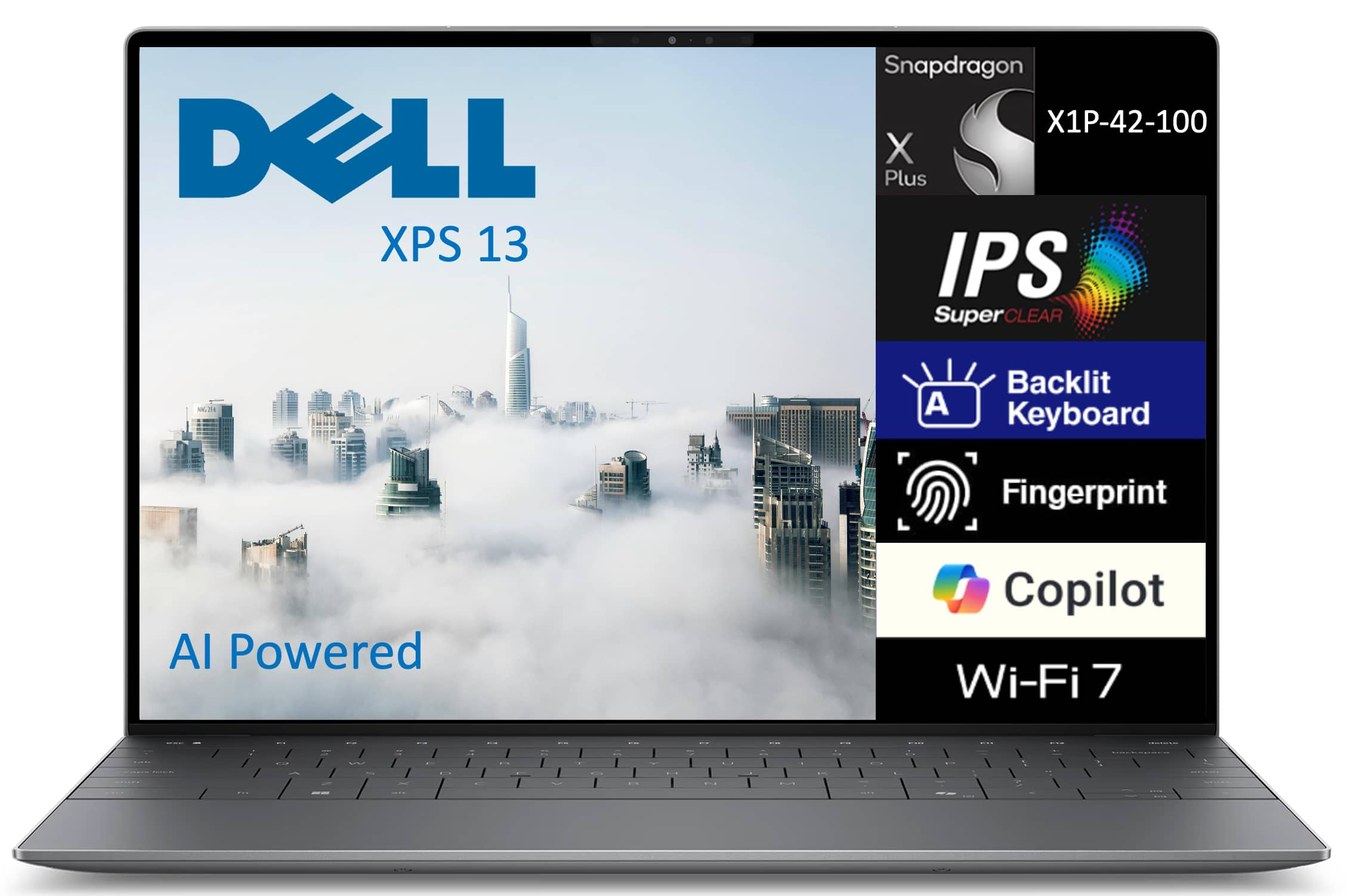OpenAI just signed a surprise deal with Google — here's why it matters
This is an unprecedented move

In a surprising twist in the AI arms race, OpenAI has signed a major deal with Google Cloud to access its infrastructure — even as ChatGPT competes directly with Google’s own Gemini AI assistant.
First reported exclusively by Reuters, the move signals a shift in strategy as OpenAI looks to scale its models faster and more reliably in the face of growing global demand.
Since 2019, OpenAI has relied almost exclusively on Microsoft Azure as its cloud provider, thanks to Microsoft’s multibillion-dollar investment and deep integration across tools like Copilot and Bing Chat.
But that exclusivity appears to be softening. As reported by Reuters, OpenAI finalized a deal last month to begin tapping Google Cloud's powerful infrastructure, including its custom TPU chips.
Why OpenAI is branching out
The reason is simple: capacity. As AI model training grows more resource-intensive, OpenAI is adopting a multi-cloud strategy to avoid overreliance on a single provider, and to keep pace with user demand.
The deal with Google suggests OpenAI is seeking both scale and flexibility as it pushes into next-gen model development and possibly even its own chip design in the future.
A big win for Google Cloud

For Google, this is a huge credibility boost. OpenAI joins the ranks of high-profile clients like Anthropic and Apple who also rely on Google’s data centers. It further positions Google Cloud as a serious contender in the battle for AI infrastructure dominance, thanks to its high-performance TPUs and deep engineering resources.
Rivals turned collaborators
Yes, OpenAI and Google are AI rivals, but in the cloud world, competition often takes a backseat to raw compute needs.
Get instant access to breaking news, the hottest reviews, great deals and helpful tips.
“This is less about rivalry and more about keeping hardware busy,” one source told Reuters. In short, cloud vendors will work with just about anyone if it keeps their data centers profitable.
Going forward, this signals a turning point. OpenAI’s deal with Google highlights a growing trend: cloud flexibility is now a competitive advantage.
I think we can expect more AI companies to diversify their infrastructure, choosing performance and scalability over long-term exclusivity. In the AI era, even rivals need to share resources to survive.
More from Tom's Guide
- Apple Intelligence just got smarter — here are the best new features from WWDC
- I challenged Gemini Live vs ChatGPT in 5 voice challenges — there was one clear winner
- I love this ChatGPT custom setting for writing — but it makes AI nearly undetectable

Amanda Caswell is an award-winning journalist, bestselling YA author, and one of today’s leading voices in AI and technology. A celebrated contributor to various news outlets, her sharp insights and relatable storytelling have earned her a loyal readership. Amanda’s work has been recognized with prestigious honors, including outstanding contribution to media.
Known for her ability to bring clarity to even the most complex topics, Amanda seamlessly blends innovation and creativity, inspiring readers to embrace the power of AI and emerging technologies. As a certified prompt engineer, she continues to push the boundaries of how humans and AI can work together.
Beyond her journalism career, Amanda is a long-distance runner and mom of three. She lives in New Jersey.
You must confirm your public display name before commenting
Please logout and then login again, you will then be prompted to enter your display name.
 Club Benefits
Club Benefits















